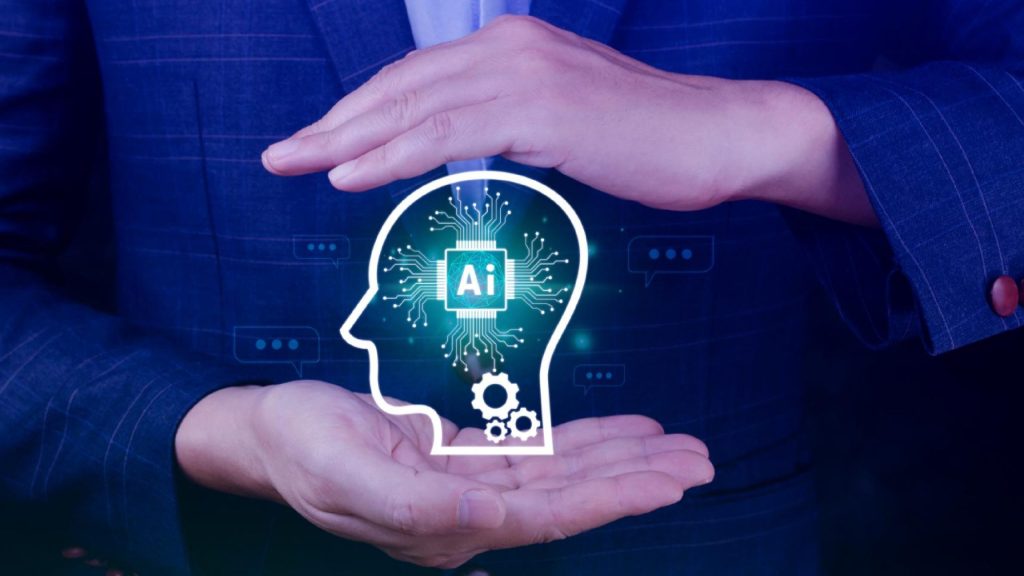Artificial Intelligence (AI) continues to evolve at a rapid pace, influencing various sectors globally. In this article, we delve into the most recent advancements and their implications across industries.
Surge in AI Infrastructure Investment
Leading American technology companies are significantly increasing their investments in AI infrastructure. Amazon, Alphabet, Microsoft, and Meta have collectively announced plans to spend over $300 billion on AI infrastructure in 2025, up from $230 billion last year. Amazon leads with a $100 billion investment, emphasizing AI’s transformative potential for businesses. Alphabet follows with a $75 billion allocation, highlighting the decreasing costs of AI usage and the emergence of new applications.
AI’s Impact on Employment
The integration of AI into business operations is influencing employment trends, particularly in the information technology sector. The IT unemployment rate rose from 3.9% in December to 5.7% in January, surpassing the overall jobless rate of 4%. This increase is partly attributed to AI automating routine tasks, leading to the reduction of certain IT roles. Companies are investing in AI to enhance efficiency, which may result in future hiring reductions.
Global AI Collaborations and Security Concerns
International collaborations are shaping the AI landscape. SoftBank Group and OpenAI have established a joint venture, SB OpenAI Japan, to promote AI services. Their AI service, Cristal, aims to improve business operations through AI integration.
Conversely, security concerns are prompting regulatory actions. South Korea’s industry ministry temporarily blocked access to Chinese AI startup DeepSeek due to security issues. This move aligns with similar bans in Australia, Taiwan, and Italy, reflecting global apprehension about data privacy and security in AI applications.
AI in Healthcare
AI’s role in healthcare is expanding, with the market projected to grow from $23.42 billion in 2023 to $431.05 billion by 2032, at a CAGR of 38.2%. AI applications in healthcare include diagnostics, treatment planning, drug discovery, and patient management, leading to more personalized and efficient care.
Conclusion
The rapid advancements in AI present both opportunities and challenges. While significant investments and innovations drive progress, concerns about employment impacts and security issues persist. As AI continues to integrate into various sectors, stakeholders must navigate these developments thoughtfully to harness AI’s benefits while mitigating potential risks.
Frequently Asked Questions (FAQ)
1. How are major tech companies investing in AI infrastructure?
Companies like Amazon, Alphabet, Microsoft, and Meta are collectively investing over $300 billion in AI infrastructure in 2025, focusing on enhancing computing power and developing AI models to transform business operations.
2. What is the impact of AI on IT employment?
The IT sector has seen an increase in unemployment rates, partly due to AI automating routine tasks, leading to the reduction of certain IT roles. This trend may continue as companies seek efficiency through AI.
3. What are the recent global collaborations in AI?
SoftBank Group and OpenAI have formed a joint venture, SB OpenAI Japan, to promote AI services like Cristal, aiming to improve business operations through AI integration.
4. Why are some countries restricting access to certain AI applications?
Security and data privacy concerns have led countries like South Korea, Australia, Taiwan, and Italy to restrict access to AI applications from companies like DeepSeek, reflecting global apprehension about AI’s potential risks.
5. How is AI transforming healthcare?
AI is enhancing healthcare through applications in diagnostics, treatment planning, drug discovery, and patient management, leading to more personalized and efficient care. The AI healthcare market is projected to grow significantly in the coming years.

